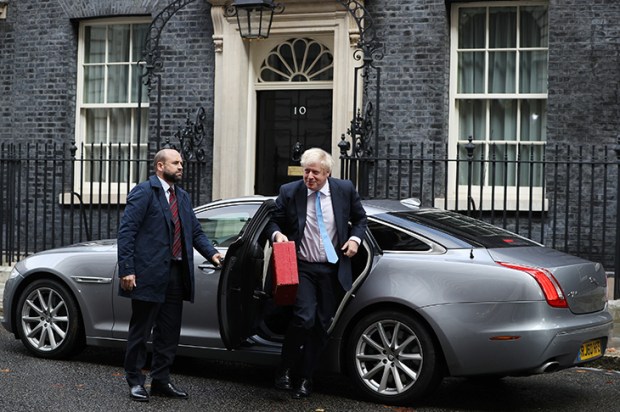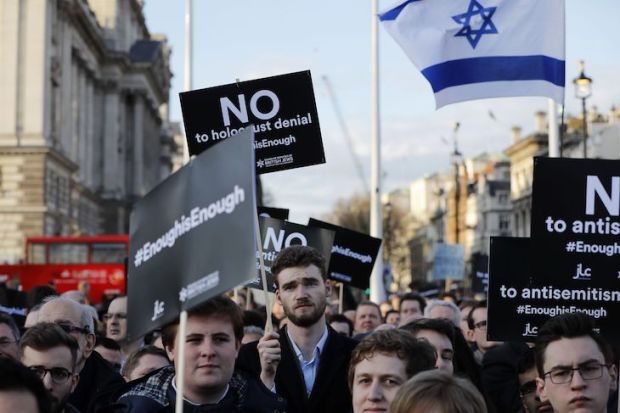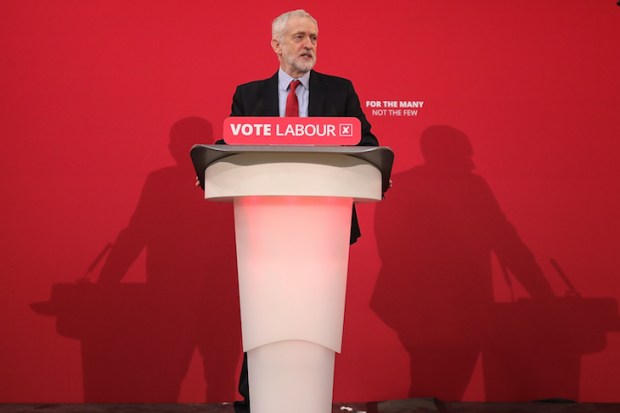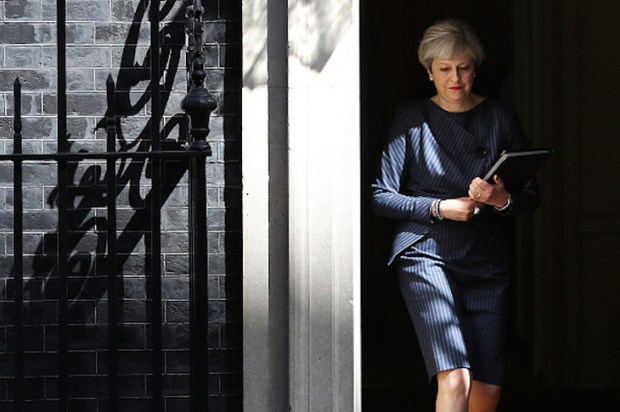Westminster prefers to concentrate on one drama at a time. That is why the old rule of thumb was that only one party leader could be under pressure at any given moment. Recent events have upended that convention. The Brexit vote precipitated leadership crises for more than one party. But the spectacle of the Tory leadership election has rather overshadowed the fact that Labour is having its own leadership contest.
The contest between Jeremy Corbyn and Owen Smith, the party’s former work and pensions spokesman, will run all summer. In Labour circles, Corbyn is regarded as the clear favourite. Once again, the hard left appears to have succeeded in getting far more people to sign up to Labour’s registered supporter scheme than the so-called moderates have. Smith, though, is not going down without a fight. He is trying to reach out to soft Corbyn supporters by offering a manifesto far to the left of that on which Ed Miliband stood at the last election. He is promising to concentrate on equality of outcome, not opportunity, to introduce a wealth tax and to make £200 billion of investment over the next five years. He boasts that he is ‘going to be just as radical as Jeremy Corbyn’.
The hope is that by minimising the differences between him and Corbyn on policy, he can persuade the left-wing Labour selectorate that he has more chance of actually introducing these changes as he’d be both a more competent and a more electorally appealing leader of the party. Smith can do this because he knows that the moderates have nowhere else to go. They will vote for him come what may, on the grounds that almost anything is better than Corbyn continuing.
Smith’s supporters, though, are not confident of victory. They are already talking about how — if they lose this time round — they will come back for another go next year. They hope that, even if defeated, they could deny Corbyn a repeat of the overwhelming mandate he won last year.
But concentrating on the choice of leader risks obscuring the fact that if Corbyn resigned tomorrow to spend more time with his allotment, Labour would still be a party with big, existential issues to resolve.
Some of the party’s problems have been caused by its success. Tony Blair’s three election victories forced the Conservatives to change; in May 1997 few would have predicted that the next Tory prime minister would legislate for both gay marriage and a national living wage. But while the Tory party was aware that forcing Labour to accept Thatcher’s economic settlement was one of its great achievements, too many on the left see the Tories’ willingness to adopt bits of the Blair agenda as proof that he wasn’t really Labour.
Its troubled relationship with its most electorally successful leader has also contributed to Labour’s odd attitude to winning elections. A strain of Labour thought has always been wary of ‘compromise with the electorate’ — to use the old Bennite phrase. And the way Blair has conducted himself out of office has cast his time in government in the worst possible light. Another problem for the party is that New Labour’s economic model is broken. Essentially, Gordon Brown increased spending on public services by using tax revenues raised from allowing the City to let rip. After the financial crisis, this is no longer viable. But globalisation means that the previous Labour approach — taxing the rich until the pips squeak — isn’t a goer either. If government increases personal or corporate tax rates too much, people simply vote with their feet. Socialism in one country isn’t an option any more, whatever Corbyn might think.
Globalisation poses a particular challenge for Labour after Brexit. The current move against Corbyn was sparked by Labour MPs’ fury at his lacklustre efforts in the EU referendum campaign. Once Brexit happens domestic politics will become much harder for Labour because it will focus attention on many of its own issues with globalisation. Parliament will have to vote on trade deals and immigration levels, which will exacerbate divisions within Labour.
Essentially, this issue divides the party’s two main support bases — in London and working-class areas in the North and the Midlands. Crudely speaking, Labour voters in the capital are in favour of more openness and more immigration, while those in the North are more worried about protecting jobs and the effects of immigration. This divide is so serious that one London Labour MP recently remarked to me that he thought it would ultimately lead to a split.
All these problems are compounded by a Labour talent shortage. It is hard to see who in the Parliamentary Labour Party would make a commanding Prime Minister. Owen Smith might mature in time, but at the moment he looks and sounds too much like another PR-man-turned-politician. Then there is Theresa May’s shadow cabinet opponent in the last parliament, Yvette Cooper. But those who propose her as the solution to Labour’s difficulties need to remember that she came third in last year’s leadership contest. Among the recent intakes, Chuka Umunna has some genuine star power. But his abortive entry into the 2015 leadership contest showed just how much he still has to learn.
If Labour can’t be an effective opposition, who can be? The Ukip leadership contest has, so far, been a disaster; a reminder of how factional and unprofessional the party can be. Ukip does have an opportunity in those Labour heartlands that voted for Brexit, but to take advantage of this it would have to get its act together. The Liberal Democrats, for their part, are busy trying to turn themselves into the Ukip of the 48 per cent. This is a strategy that could help them win significantly more than eight seats in 2020. But it is not a route to becoming the main opposition.
Binding together the disparate parts of the Labour coalition will require a talented and politically adroit leader. But as Labour MPs campaign against Jeremy Corbyn this summer, they would do well to remember that he is a symptom of their party’s problems, not the sole cause of them.
Got something to add? Join the discussion and comment below.
Get 10 issues for just $10
Subscribe to The Spectator Australia today for the next 10 magazine issues, plus full online access, for just $10.















Comments
Don't miss out
Join the conversation with other Spectator Australia readers. Subscribe to leave a comment.
SUBSCRIBEAlready a subscriber? Log in